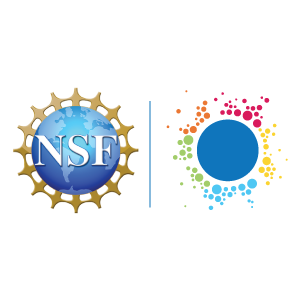By Matthew Closter, NSF INCLUDES Coordination Hub
During the COVID-19 pandemic, NSF INCLUDES National Network members are focused on continuing online education and learning experiences, as well as fostering channels for constituents to stay connected. In this time of physical distancing, with travel mitigated and in-person engagements diminished, members are striving to reach their audiences virtually and provide as much guidance and support as they can. Alliances with a focus on faculty, graduate student, and institutional networks, such as Aspire, the Computing Alliance of Hispanic-Serving Institutions (CAHSI), and the Inclusive Graduate Education Network (IGEN), have produced resources to aid in continuing research agendas to avoid lapses in experiments and collegial networking.
Other Network members are using their websites to share inclusive channels for experiential learning, such as the Disabilities, Opportunities, Internetworking, and Technology (DO-IT) office of the University of Washington and the National Girls Collaborative Project. These groups are focused not only on the academic supports, but also on the mental health and wellbeing of all.
The NSF INCLUDES Coordination Hub is dedicated to helping and connecting Network members as they strive to support their constituents’ continued learning and engagement in the STEM fields. The Coordination Hub would like to hear from members about innovative ways they are addressing remote and online learning as well as how they are directly involved in advancing research and direct services related to the pandemic, so that we can continue to share important project milestones and accomplishments and lift up the creative efforts of our Network members to address the pandemic’s challenges.

